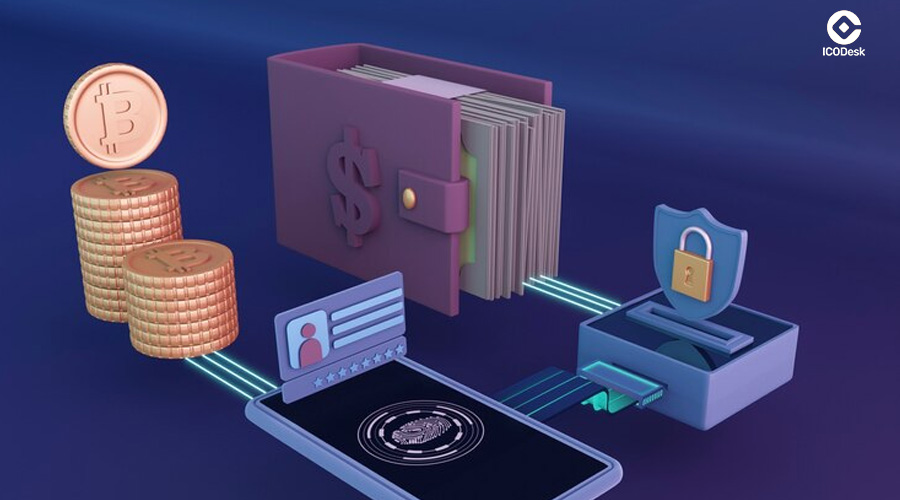The Impact of Security Tokens on Digital Asset Security In the Year 2024
The rise of blockchain technology has led to the development of numerous digital assets, including cryptocurrencies and tokens. Among these, security tokens have emerged as a significant innovation, promising to enhance digital asset security and transform the financial landscape. This article explores the impact of security tokens on digital asset security, highlighting their benefits and the challenges they address in the evolving digital economy.
What Are Security Tokens?
Security tokens are digital representations of traditional financial securities, such as stocks, bonds, or real estate, issued and traded on blockchain platforms. Unlike utility tokens, which provide access to a product or service, security tokens are backed by tangible assets and are subject to federal securities regulations. This regulatory framework ensures that security tokens adhere to stringent standards, offering greater transparency and investor protection.
Enhanced Security Through Blockchain Technology
Blockchain technology is the backbone of security tokens, providing a decentralized, immutable ledger for recording transactions. This technology offers several security advantages:
Transparency and Traceability: Blockchain’s transparent nature allows all transactions to be publicly verified, reducing the risk of fraud and manipulation. Each transaction is traceable, making it easier to audit and verify the ownership and transfer of assets.
Immutability: Once a transaction is recorded on the blockchain, it cannot be altered or deleted. This immutability ensures the integrity of transaction data, preventing unauthorized changes and enhancing trust in the system.
Decentralization: Blockchain operates on a decentralized network of nodes, eliminating the need for a central authority. This decentralization reduces the risk of a single point of failure, making the system more resilient to attacks.
Regulatory Compliance and Investor Protection
One of the most significant impacts of security tokens on digital asset security is their adherence to regulatory standards. This compliance provides several benefits:
Legal Clarity: Security tokens are issued in accordance with existing securities laws, providing legal clarity and reducing regulatory uncertainty. This clarity helps build trust among investors and promotes wider adoption.
Investor Rights: Security tokens confer specific rights to investors, such as ownership stakes, dividends, or voting rights. These rights are legally enforceable, offering greater protection to investors compared to unregulated tokens.
Anti-Money Laundering (AML) and Know Your Customer (KYC) Compliance: Security token issuers are required to implement AML and KYC procedures, ensuring that investors’ identities are verified and reducing the risk of illicit activities.
Improved Liquidity and Market Access
Security tokens have the potential to enhance the liquidity of traditionally illiquid assets. By tokenizing assets, they can be divided into smaller units and traded on secondary markets. This increased liquidity offers several advantages:
Fractional Ownership: Security tokens allow assets to be divided into smaller, more affordable units, enabling a broader range of investors to participate in markets that were previously inaccessible.
24/7 Trading: Unlike traditional markets that operate during specific hours, blockchain-based exchanges can facilitate 24/7 trading. This continuous trading window enhances market efficiency and provides investors with greater flexibility.
Global Access: Security tokens can be traded across borders, providing global access to investment opportunities. This global reach can attract a larger pool of investors and increase the overall market liquidity.
Challenges and Considerations
While security tokens offer numerous benefits, they also present certain challenges:
Regulatory Hurdles: Navigating the complex regulatory landscape can be challenging for security token issuers. Compliance with varying regulations across different jurisdictions requires significant resources and expertise.
Technology Risks: While blockchain technology offers enhanced security, it is not immune to risks. Smart contract vulnerabilities, hacking attempts, and network attacks are potential threats that need to be addressed.
Market Acceptance: Widespread adoption of security tokens requires a shift in market perception and acceptance. Education and awareness efforts are necessary to build trust and encourage participation among traditional investors.
Conclusion
Security tokens represent a significant advancement in digital asset security, combining the benefits of blockchain technology with regulatory compliance. By enhancing transparency, traceability, and investor protection, security tokens offer a secure and efficient way to digitize and trade traditional financial assets. Despite the challenges, the potential of security tokens to revolutionize the financial landscape is immense, paving the way for a more secure and accessible digital economy. As the market continues to evolve, security tokens are poised to play a pivotal role in shaping the future of digital asset security.















